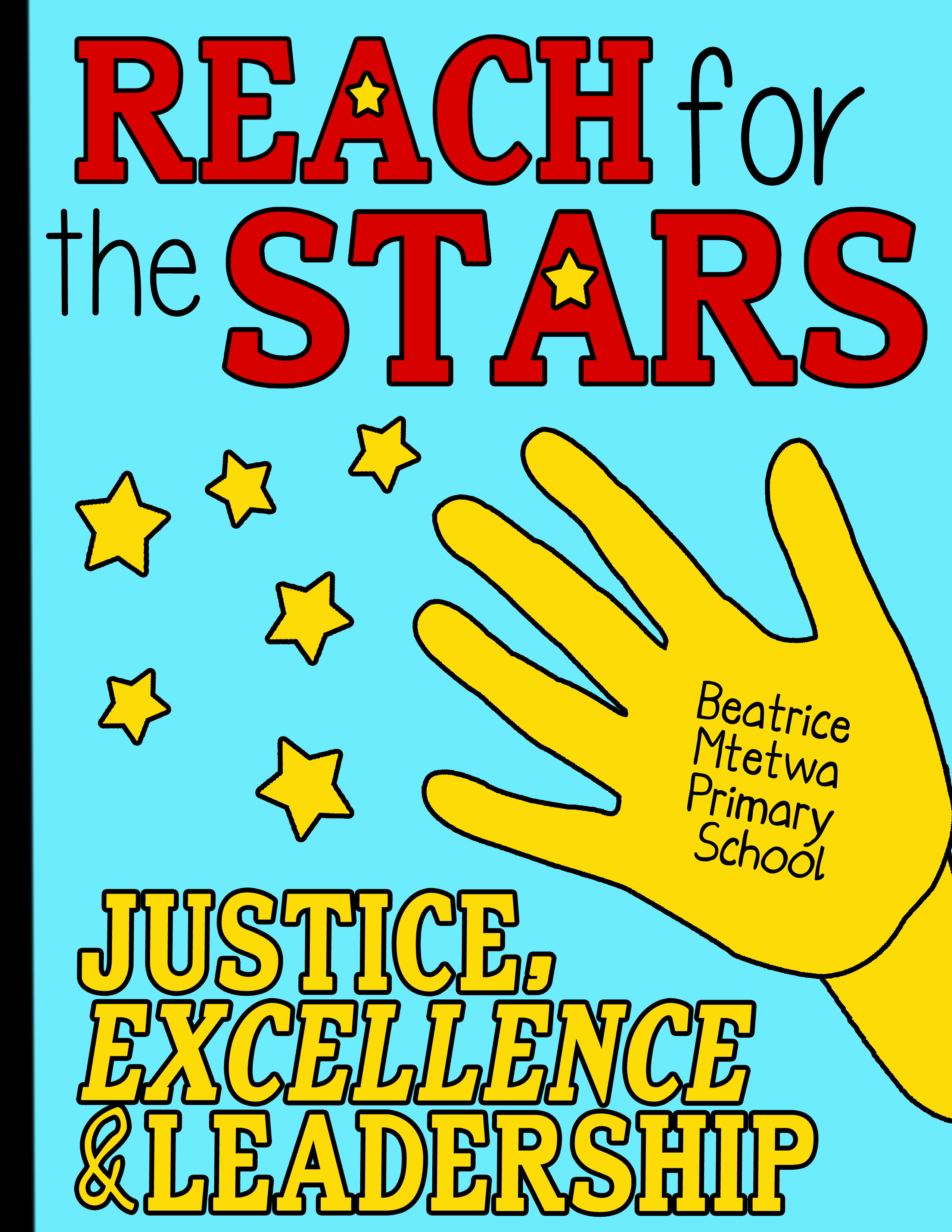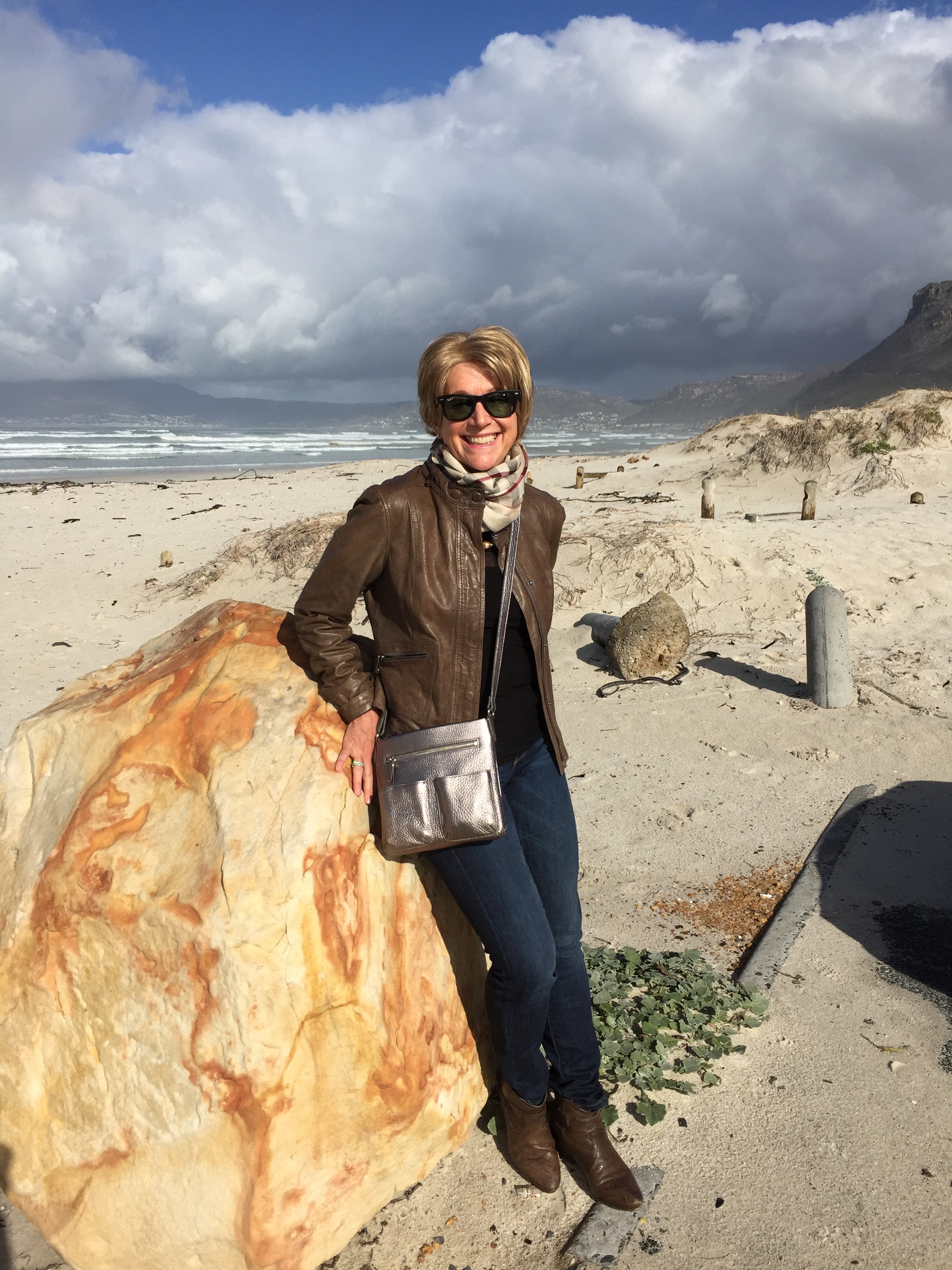Tiny Ripples of Hope is a film about the Beatrice Mtetwa Primary School located on an island in Africa’s Lake Victoria. I’m currently fundraising for the film and hope to begin filming in the spring, 2016. The children and teachers will be creating a video journal of their school and home lives with many clips being used in Tiny Ripples of Hope.
An earlier film of mine, (2013), Beatrice Mtetwa and the Rule of Law, was distributed throughout Africa by Amnesty International and Fox Africa. It was seen by teachers and parents on the island, who were inspired by the courageous Zimbabwean human rights lawyer featured in the film. They decided to name a newly founded primary school after Beatrice and to include classes on human rights in the curriculum. The wish is that Tiny Ripples of Hope will inspire educators throughout Africa to build human rights education into their curricula. As the students who attend the Beatrice Mtetwa School grow into young adulthood, the expectation is that this kind of education will help them recognize injustice, encourage them to speak out against corruption and authoritarian rule, and become more active in civic life as they engage as citizens.
According to the educator and human rights activist, Dr. Nico Horn, “The right to education and the teaching of human rights (human rights education) are intertwined. Children have a right to education, but the education that they ought to receive is not ideologically neutral: it is compelled to include education on human rights.”
By focusing on the Beatrice Mtetwa Primary School and its teaching of human rights, the film will be the vehicle in which to tell the larger story of why this kind of educational development is important in Africa, and become an advocacy tool for the creation of other primary schools to do the same. The film will enable educators and communities to see the value of teaching human rights, peace and inclusivity within a traditional curriculum.
The Beatrice Mtetwa School is located on Kalangala Island within Lake Victoria; 7,000 residents live within several villages. Fishing, boat building, manual labor, and the farming of palm oil are the main industries, with limited tourism providing additional jobs. Infrastructure, housing and transport on the island are considered poor. The school has just moved into a permanent school building and is being renovated by teachers, students and their parents.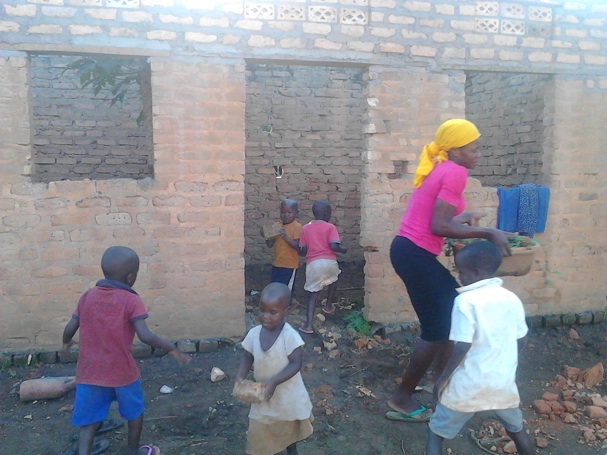
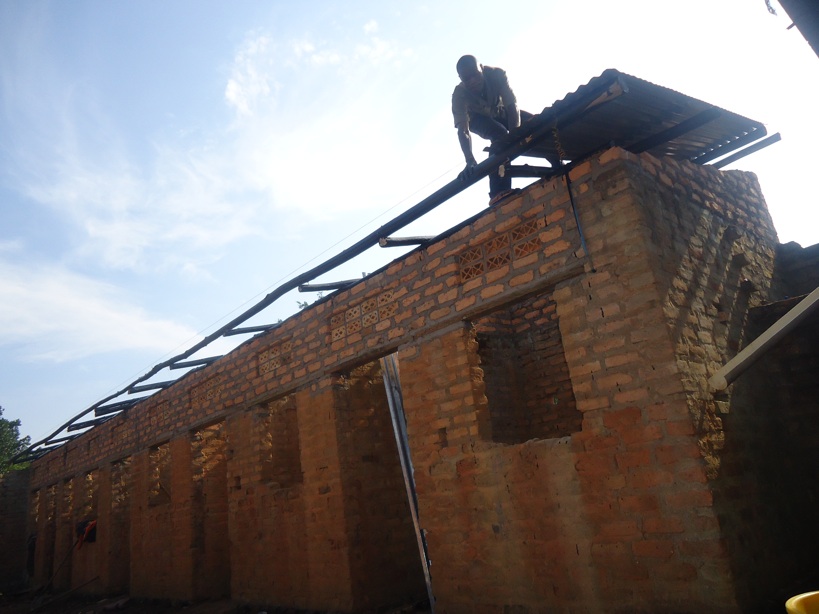
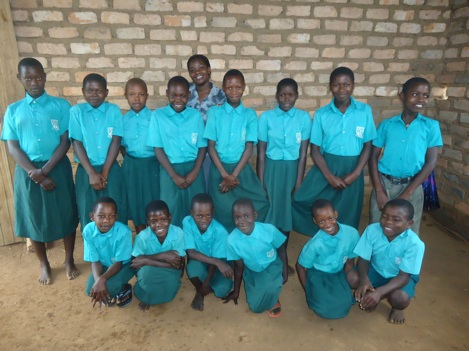 Thirty boys and girls attend the school ranging in age from five to fifteen; their parents pay fees for this private primary school. Three teachers instruct the children in English, math, science, and religious education, in addition to lessons about peace, justice and human rights. According to teachers Aideh Ssemmanda and John Ssentamu, “Children must first learn what their rights are and then learn to defend those rights.” When asked what kind of concerns parents of the children have about the human rights curriculum, the teachers gave this response, “Parents are worried about children becoming big-headed and too empowered.” “But more importantly,” says John Ssentamu, many people think negatively about women and yet Beatrice is winning the hearts and minds of both men and women. I pray that I become like Beatrice. That our students become like Beatrice.”
Thirty boys and girls attend the school ranging in age from five to fifteen; their parents pay fees for this private primary school. Three teachers instruct the children in English, math, science, and religious education, in addition to lessons about peace, justice and human rights. According to teachers Aideh Ssemmanda and John Ssentamu, “Children must first learn what their rights are and then learn to defend those rights.” When asked what kind of concerns parents of the children have about the human rights curriculum, the teachers gave this response, “Parents are worried about children becoming big-headed and too empowered.” “But more importantly,” says John Ssentamu, many people think negatively about women and yet Beatrice is winning the hearts and minds of both men and women. I pray that I become like Beatrice. That our students become like Beatrice.”
